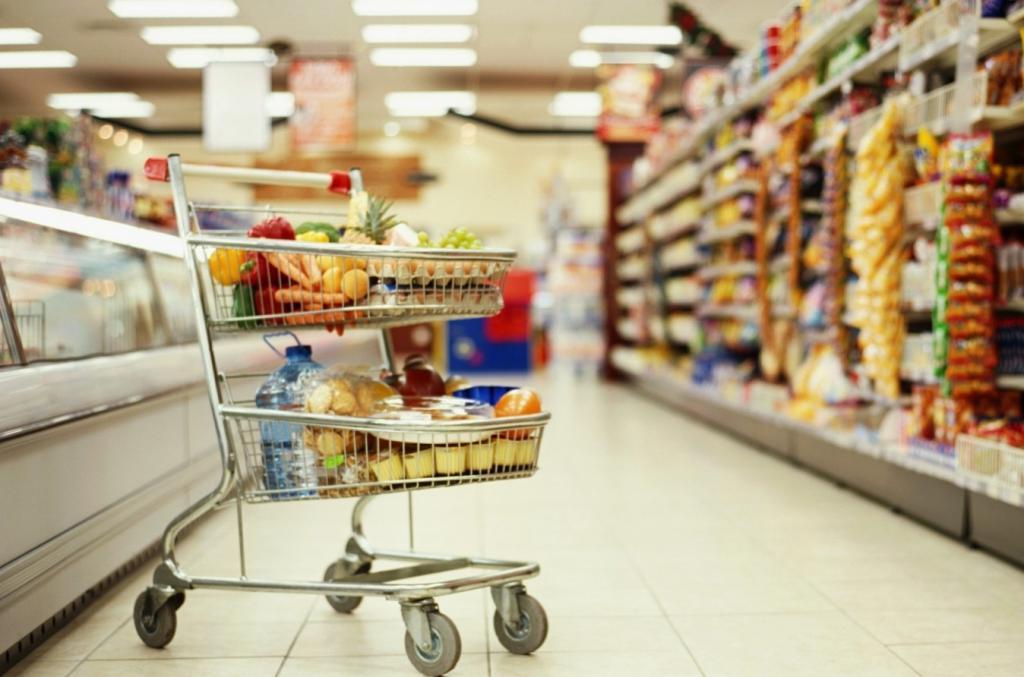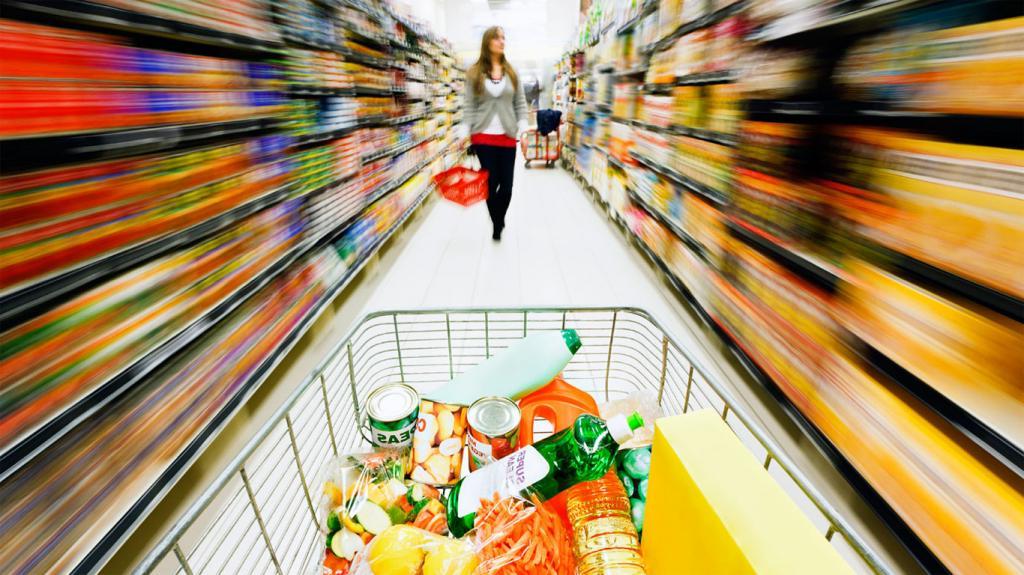During the crisis, everyone wants to save. But how difficult it is sometimes to refrain from buying something "vitally necessary", something that is actually completely unnecessary. Is there any way to reduce my expenses on products? Experts provide some useful tips you should get to know before heading to the supermarket.
Calculator and list

The main rule is to always take a calculator with you. It will allow you to accurately calculate the amount and not go beyond the budget. The list will not be superfluous - thanks to it you will not buy anything superfluous.
Do not forget to eat
Shopping on an empty stomach is the surest way to spend the extra and buy the unnecessary. In order to purchase products exclusively on the list, do not forget to have a snack before shopping.
No children
If you really want to save, you should leave your children at home. The thing is that goods in bright multi-colored packaging attract the attention of children, and they put them in a basket.

Don't fall for store tricks
For example, you should know that less expensive products are on the lower shelves. In addition, create your own playlist - the music that you hear in supermarkets is not for your pleasure, it is needed so that you buy as much as possible.
Features of the purchase of different products
Buy foods that increase in volume during cooking. You will get more servings for your money. These are whole grain wheat, rice, pasta, millet, barley, oats, couscous. Choose meat without bones, cartilage and fat. Ultimately, you will have more meat for less. Buy fruits and vegetables in season when prices are lower. Store them in a freezer for future use.

Brown shell eggs have the same nutritional value as white shell eggs, so there is no need to spend more money on brown eggs. To save money, do not buy ready-made grated cheese - buy regular hard cheese and grate it at home. It does not take you much time. Also, avoid expensive convenience foods that are pre-cooked, individually packaged, canned, or frozen.
Do not be fooled by the words on labels like "wheat bread", which is the same as regular white bread. Look for the inscription "whole wheat" - in such products more nutrients.
Get only 100% fruit juices. Try to avoid drinks labeled “fruit drink,” “fruit cocktail,” or “nectar.” Otherwise, you get less juice, but more water and sugar.

Discounts, discounts and discounts again!
Some supermarkets lower prices for certain categories of goods in the evening. The same thing happens in bakeries. Comparison of prices in different stores and markets will not be amiss. By the way, pensioners and students also have discounts.
What to buy, and what is better to refuse
Experts recommend purchasing as much protein as possible of plant origin and consuming as much animal food as possible. Your protein needs will be met by fish, legumes, tofu and poultry.

If you bought large pieces of meat or a whole chicken, cut the meat into pieces and freeze for future use. Do not buy ready-made mixes for muffins or pancakes - homemade ones are cheaper, and besides, you will definitely know what you added to it.
